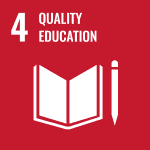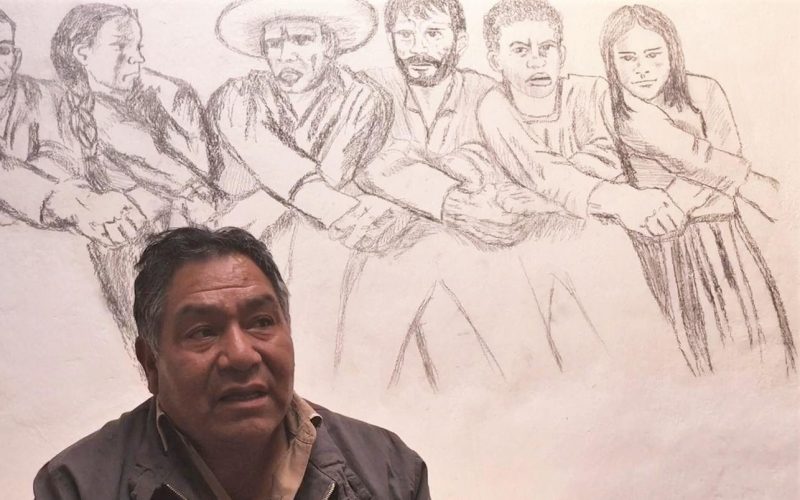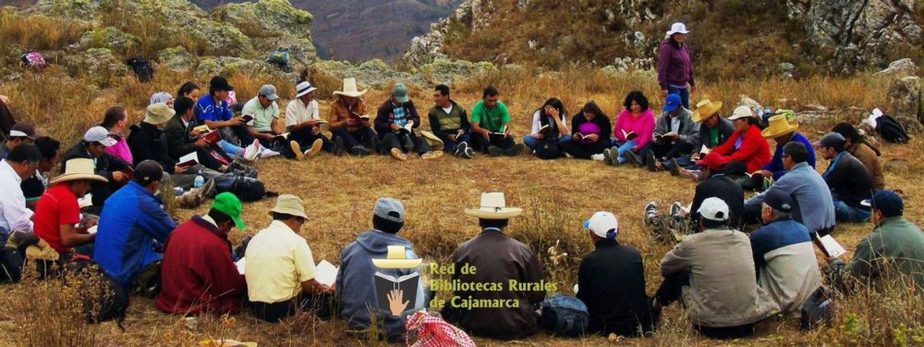
4.5 Eliminate all discrimination in education.
4.6 Universal literacy and numeracy.
4.7 Education for sustainable development and global citizenship.
“Reading is like food for the mind. I had never read, for example, José María Arguedas or Nelson Mandela, from another part of the world . . . For me, Rural Libraries showed me that we have to fight for inclusion and try to help each other and by doing so we can recover our culture, which has been taken from us.”
—Javier Huamán
 Javier Huamán is now coordinator general of the Rural Libraries Network.
Javier Huamán is now coordinator general of the Rural Libraries Network.
This two-year project initially provided funding to print 1000 copies of a revised edition of each of first 8 titles of the Enciclopedia Campesina. The Enciclopedia is a collection of 20 volumes that gathers stories and knowledge from across the mountainous region surrounding the town of Cajamarca. It is the cornerstone of the Rural Library Network’s literacy program.
With the advent of COVID-19, the project underwent several changes. With printer and distribution channels shut down for most of 2020 and into 2021, the Network decided to reduce the number of copies printed to 500 copies of each of the first 5 volumes and focus on building their digital library. They have also provided rural librarians with cell phones to facilitate communication and support.
Using the Rural Library Network’s publications, members of almost 400 remote Indigenous communities help each other learn to read and write in small informal settings and reading circles. These exchanges foster self-esteem, revitalize cultural traditions and build community—between young and old and between different communities.

